Speaking at the Discovery Industry Conclave on day one of Goafest 2015, Anand Kripalu, MD, CEO and member Diageo global executive committee, United Spirits, laid out a ‘Vision of the future anchored in our roots’.
He said, “We are living in a world that has an incredible pace of change. Many functions have evolved and people have started calling it a ‘VUCA’ world. Imagine trying to make a living in such a world. The VUCA world has put marketing departments of companies under a lot more pressure and causing these teams to become much leaner. The difficulty of driving implementation is getting more complex because of the amount of data.”
On agencies, he said, “They are too facing difficulties. Remuneration is one, and the other is technology; the latter is disrupting the agency.”
He added, “Agencies aren’t making ‘media-neutral’ campaigns. Earlier, changing an agency was compared to a divorce. Now, we’re seeing a lot more flirting happening. With these changes, very often (the new) agency personnel don’t understand the clients’ business enough.”
Kripalu followed this with a quote from David Ogilvy to underline the importance of the client-agency relationship: ‘The relationship between a brand and his advertising agency is almost as intimate as the relationship between a patient and his doctor’.
The speaker went on to list five changes he’d like to see.
From creative to content
“Earlier, around the time I was a brand manager, it was very easy to hold that position. In today’s era, I doubt whether I’d be a successful brand manager. Earlier, one would form a TV script and then have adapts across media. Today, consumers cannot be found only on TV. To attract consumers you need to either be online or on cricket. Mobile is becoming fundamental. Videos on mobile are gaining more importance. These videos are only viewed if they’re recommended by peers. So we need creative ideas that are media agnostic,” explained Kripalu.
Citing Red Bull’s strategy, he pointed out that the brand has been built on ‘new age opportunities’.
From accountability for input to accountability for output
Kripalu called for remuneration models that are more performance based. He said, “We should reward creative work that pass some tests. We understand that the industry doesn’t like testing, and a few great minds from the industry never passed those tests, but they fall into the minority, probably into a one per cent category. If advertising doesn’t lead to trials, it’s a failure.”
Partnership
The speaker’s next pointer was on the trust level between an agency and client. He said, “We need mutual trust between the client and the agency. I know there’s a lot of philandering out there. As a client, I don’t believe pitches get you the best creative work. The real value emerges from long-term relationships. At my earlier job (with Cadbury) we had a partnership with our advertising agency for close to 50 years. There were stages during our relationship where changing agencies was brought up, but I don’t allow that. A divorce should come only after everything is tried.”
Engage in real time
“Ideas come from everywhere at any time. So, the creative should operate in real time. It is complex, but a campaign isn’t one that runs for a finite time any more. It has no start or end time now,” said the chief executive, with the example of Oreo at Superbowl 2013.
Talent
Kripalu’s final point was about talent. “In advertising, talent is the most important. Today, people join companies and soon leave them to start their own things. Organisations aren’t of as much importance for talent as much as they are to organisations.”
He added, “For too long, people have undervalued talent. Attrition rates are high because of that. Leaders today have to manage talent differently. Young talent is very different to the leaders in organisations these days. I’m willing to allow partnerships of the Lintas–Unilever kind (where talent was swapped for a period of time), as long as we get them back.”
He surmised, “To conclude, we’re in a period of enormous change and we need to look at the future and evolve. We need to be one step ahead of the consumer, for which foresight is required. Everyone wants an agency and a team that is willing to go the extra mile.”
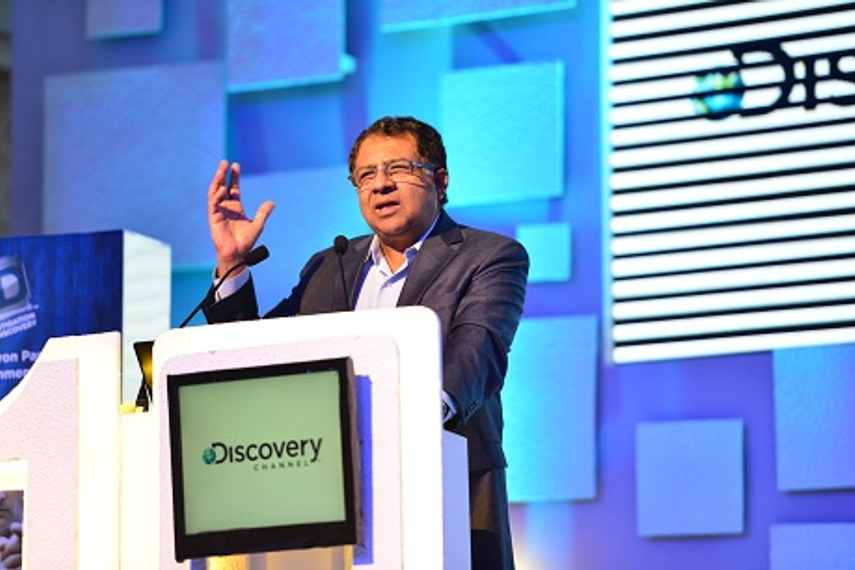








.jpg&h=334&w=500&q=100&v=20250320&c=1)





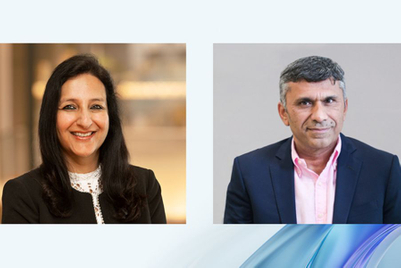
.png&h=268&w=401&q=100&v=20250320&c=1)
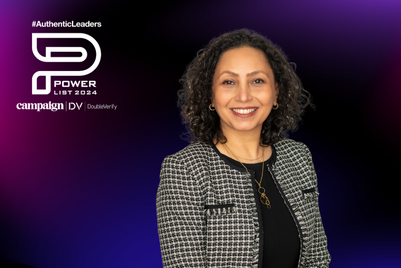
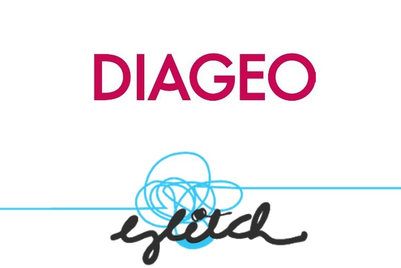

.jpg&h=268&w=401&q=100&v=20250320&c=1)
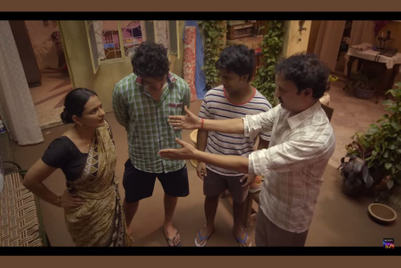
.png&h=268&w=401&q=100&v=20250320&c=1)
